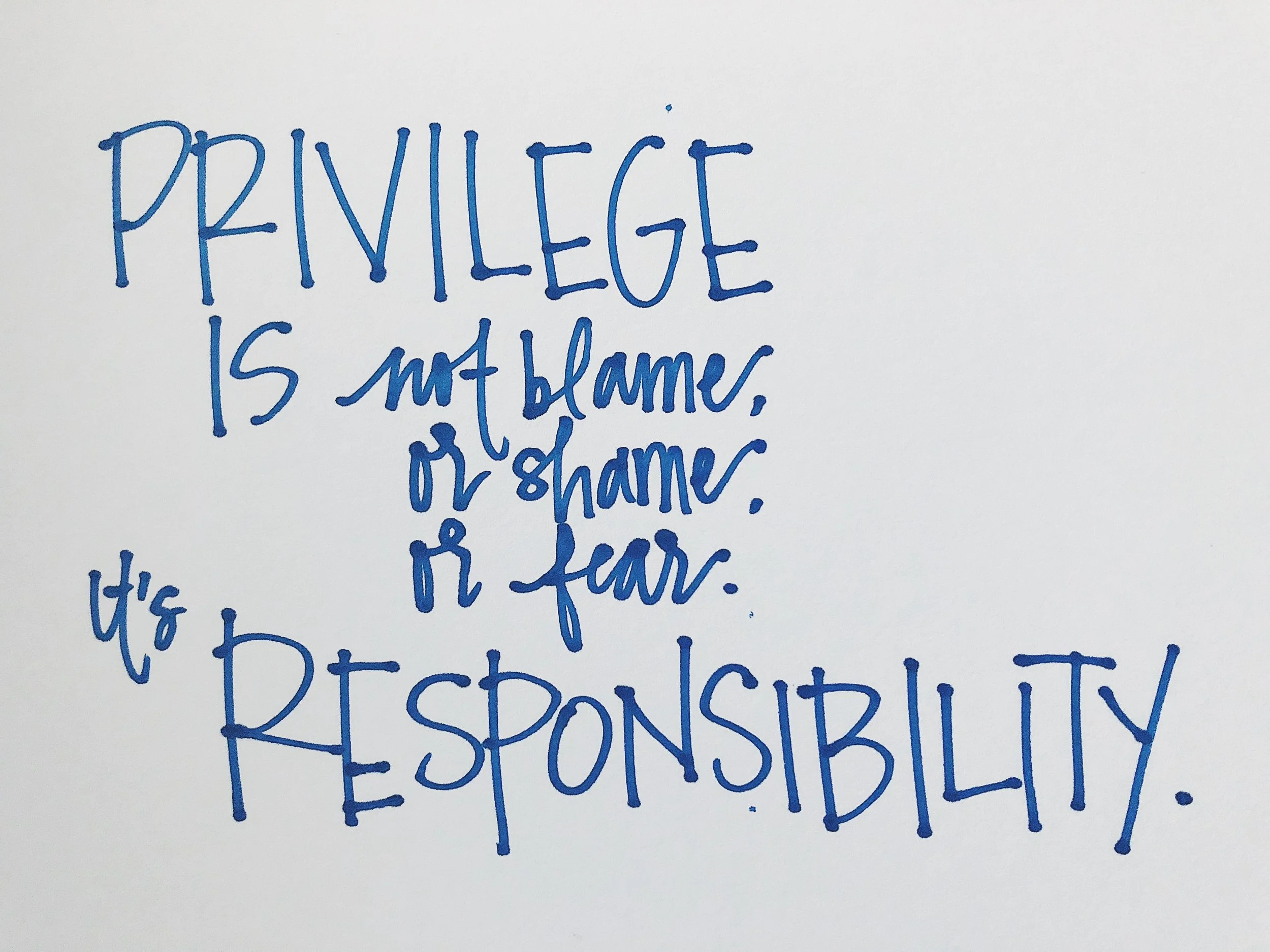I am lucky to be a part of a group of intelligent and thoughtful women who want to challenge themselves and have hard discussions about important matters. The way we do that is with a monthly book club. This past month we read The Wrong Way to Save Your Life: Essays by Megan Stielstra. I haven't made this many notes from a book in a long time.
The series of essays explores her life through a number of fears - from the seeming inconsequential to the life-halting. She's humorous and engaging, and being a Chicago writer, I appreciate the local connection. Some of her clever lines border on Mark Twain-esque : "I am a midwesterner: we always worry about everything" and "Nothing is as awful as doing something you hate to pay for a waste of your time." She is beyond transparent. You feel her emotions - you are scared with her, you grieve with her, you savor life with her. But what struck me the most is how she cataloged her own growth and development about the way she sees the world. She laid open her own prejudices and inadequacies, that we may find similar ground, and also grow.
A huge topic for her is race and privilege. She lays bare her own ignorance, when she first learned some of the real stories of the LA race riots: "'Why didn't I know about this?' I said, incredulous, not yet understanding that it was my responsibility to look." This resounds with so much of what I'm experiencing lately - finding ways to educate myself on an entire world that was obscured to me. Stielstra says, "At some point our education no longer belongs to our teachers. It belongs to us." I've been attempting to vary the media I'm exposed to, and the stories I surround myself with. I've intentionally sought out diversity in my Instagram feed (Rachel Cargle is a saint and tremendous resource!) and my media (Dear White People streams on Amazon Prime). White people must do this work ourselves.
Stielstra asks, "When do you think about your privilege?" and this is a question that cannot be asked enough. Because once you recognize it, you can begin to use it. She says:
I teach writers. It's on me to show them the weigh of words, how they can perpetuate or elevate.
Privilege isn't blame or shame or fear.
It's responsibility.
Petitioning us (not only her students, but us as readers) to use our platforms to make change, no matter how small, is a reoccurring theme. As well as listening, and looking.
I cannot recommend this book enough - and not just for anxiety-prone white Midwestern women who like literature. The content here is universal.
